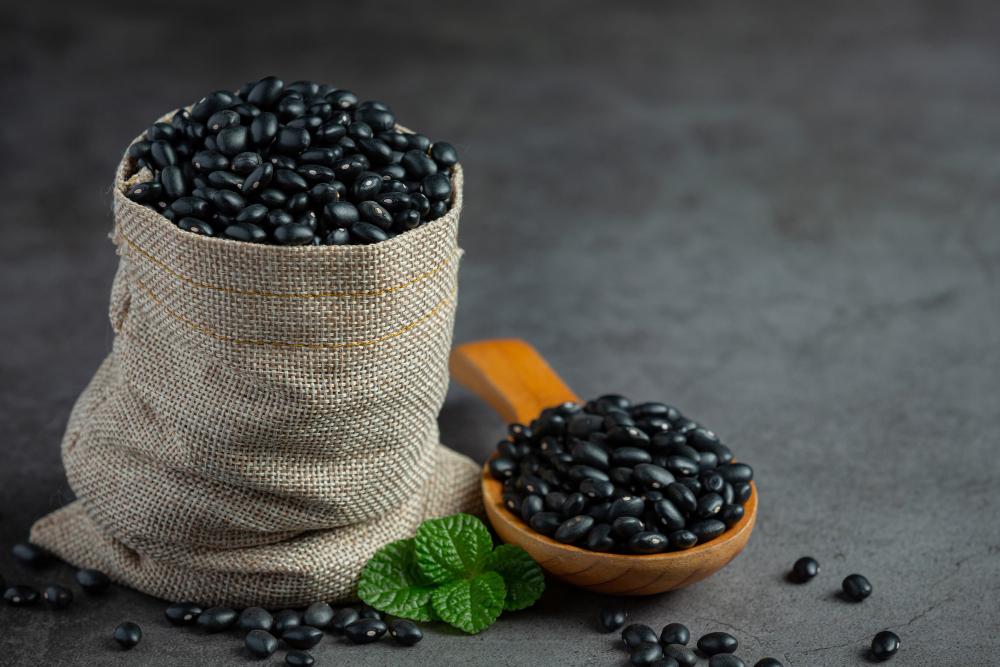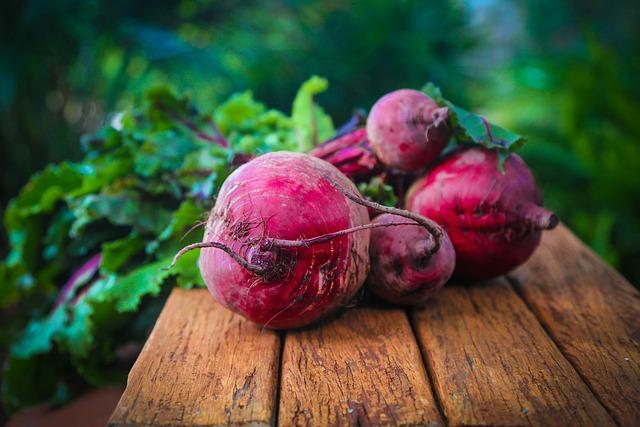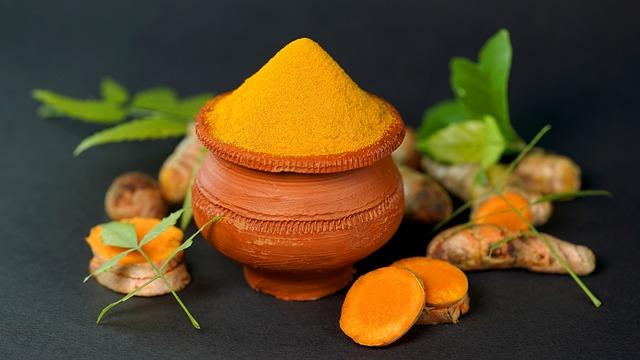No products in the cart.
Following a diabetic diet can feel overwhelming at times. The good news is that the best foods for a diabetic diet are simple to recognize: they’re whole or minimally processed and contain short ingredient lists (if they even come with a list at all). If whole grains, fresh fruits and veggies, and lean protein are the predominant foods in your diet, you’re likely already eating most of the foods on this list. If you don’t eat a lot of these types of foods but want to begin eating healthier and getting better control of your blood sugar, use this list of diabetes-friendly foods as a starting point.
Need inspiration on how to put these foods together to make delicious meals that are safe for diabetics? Check out our diabetes-friendly recipes on the Foodsmart app!
Starches

While they do raise blood sugar, diabetes-friendly starches include whole grains, starchy vegetables, beans, legumes, peas, and lentils. These foods are great sources of slow-to-digest carbohydrates which have a gentler impact on blood sugar and are loaded with vitamins and fiber.
Keep in mind that some foods only contain a small amount of whole grain, even if they say “whole-grain” on the package. To suss out true whole-grain products, read the ingredient list and look for at least a 10:1 carb-to-fiber ratio on the Nutrition Facts label. Some great starches to try include:
- Barley
- Beans
- Corn
- Chickpeas
- Brown rice
- Buckwheat
- Edamame
- Farro
- Lentils
- Millet
- Oats/Oatmeal
- Parsnips
- Peas
- Pumpkin
- Quinoa
- Squash
- Sweet potatoes
- Whole-wheat flour (100 percent whole-wheat bread, pasta, tortillas, etc.)
- Whole-grain corn/corn-meal (100 percent corn tortillas, polenta, etc.)
- Wild rice
Starch Superstars
Barley is high in beta-glucan, a special type of soluble fiber that may have a beneficial role in reducing insulin resistance as well as blood cholesterol and obesity risk. Enjoy barley in lieu of white rice alongside a serving of protein and veggies, add it to a hearty soup or try out one of our barley recipes.
Oats, which are high in soluble fiber, can help moderate a rise in blood sugar and can also help lower LDL (bad) cholesterol and decrease the risk of heart disease.
Non-Starchy Vegetables

Non-starchy vegetables are full of vitamins, minerals, fiber, and phytochemicals. They also have fewer calories and carbohydrates than their starchy counterparts, so feel free to fill half of your plate with any of these options:
- Artichoke
- Asparagus
- Baby corn
- Brussels sprouts
- Broccoli
- Cabbage
- Cauliflower
- Celery
- Carrots
- Cucumber
- Eggplant
- Green beans
- Greens (kale, collard, leafy lettuce, romaine, spinach, arugula, etc.)
- Hearts of palm
- Jicama
- Leeks
- Mushrooms
- Okra
- Onions
- Peppers
- Radishes
- Rutabaga
- Sprouts
- Sugar snap peas
- Swiss chard
- Tomato
- Turnip
- Water chestnuts
Fruits

Like the starches, fruits can be a nutritious source of carbohydrates. They provide fiber, vitamins, minerals, antioxidants, and phytonutrients. Fruits contain natural sugars, but they’re also full of fiber, which blunts the impact on blood sugar. Almost all whole fruits are good choices for this reason, just be mindful of serving size. As a reminder, one serving of fruit is one small apple, orange or pear, ½ of a large banana, ½ cup of chopped fruit or two tablespoons of dried, unsweetened fruit.
- Apples
- Apricots
- Avocado
- Banana
- Blackberries
- Blueberries
- Cantaloupe
- Cherries
- Dried Fruit (cherries, dates, figs, prunes, raisins, etc.)
- Cranberries
- Grapefruit
- Grapes
- Honeydew melon
- Kiwi
- Mango
- Nectarines
- Oranges
- Papaya
- Peaches
- Pears
- Pineapple
- Plums
- Raspberries
- Strawberries
- Tangerines
- Watermelon
Fruit Superstars
Apples provide both soluble and insoluble fiber, and they might also have a protective effect when it comes to preventing diabetes. The Harvard School of Public Health found that people who reported eating five or more apples a week had a 23 percent lower risk of developing Type 2 diabetes compared with non-apple eaters.
Avocados are diabetes-friendly because they contain high amounts of heart-healthy monounsaturated fats and thus are lower in carbohydrates than their sweeter counterparts. They also seem to have a protective effect when it comes to developing diabetes. A study in the American Journal of Clinical Nutrition found that women who reported eating the most unsaturated plant-based fat, such as the fat found in avocados, were 25 percent less likely to develop Type 2 diabetes than those who ate the least amount.
Berries contain less sugar and more fiber than most fruits, putting them at the top of the list of diabetic-friendly foods. In addition, blueberries contain the antioxidant anthocyanin, which has been associated with a lower risk of Type 2 diabetes.
Protein Foods

Protein foods are typically low in carbohydrates and boost satiety, so they’re an important part of a diabetic diet. When choosing healthy protein foods, look for lean cuts of meat and plant-based proteins like these:
Poultry and Lean Meats
- Beef (eye of round roast and steak, sirloin tip side steak, top round roast and steak, bottom round roast and steak, top sirloin steak)
- Buffalo
- Chicken
- Duck
- Goose
- Lamb (chop, leg or roast)
- Ostrich
- Pheasant (skinless)
- Pork tenderloin
- Rabbit
- Turkey
- Veal (loin chop or roast)
- Venison
Fish and Shellfish
- Fish rich in Omega-3 fatty acids (albacore tuna, herring, mackerel, rainbow trout, sardines, salmon)
- Other fish (catfish, cod, flounder, haddock, halibut, tilapia)
- Shellfish (clams, crab, lobster, oysters, scallops, shrimp)
Dairy and plant-based protein foods also provide quality protein, but it’s important to read the labels and pay attention to portion sizes when eating these foods as they can contain more amounts of fat and carbohydrates than other protein sources.
Eggs and Dairy
- Cheese
- Cottage cheese
- Eggs
- Milk
- Yogurt (Greek, traditional, kefir, etc.)
When choosing dairy, opt for unsweetened dairy and dairy alternatives. Sweeteners can be potent sources of added sugars, so they can cause a spike in blood sugar.
Plant-based Proteins
- Beans
- Lentils
- Peas
- Edamame
- Soy nuts
- Nuts and seeds
- Nut and seed spreads (peanut butter, almond butter, cashew butter, sesame seed butter, etc.)
- Tempeh
- Tofu
- Soy protein products (soy crumbles, breakfast “sausage” patties, etc.)


